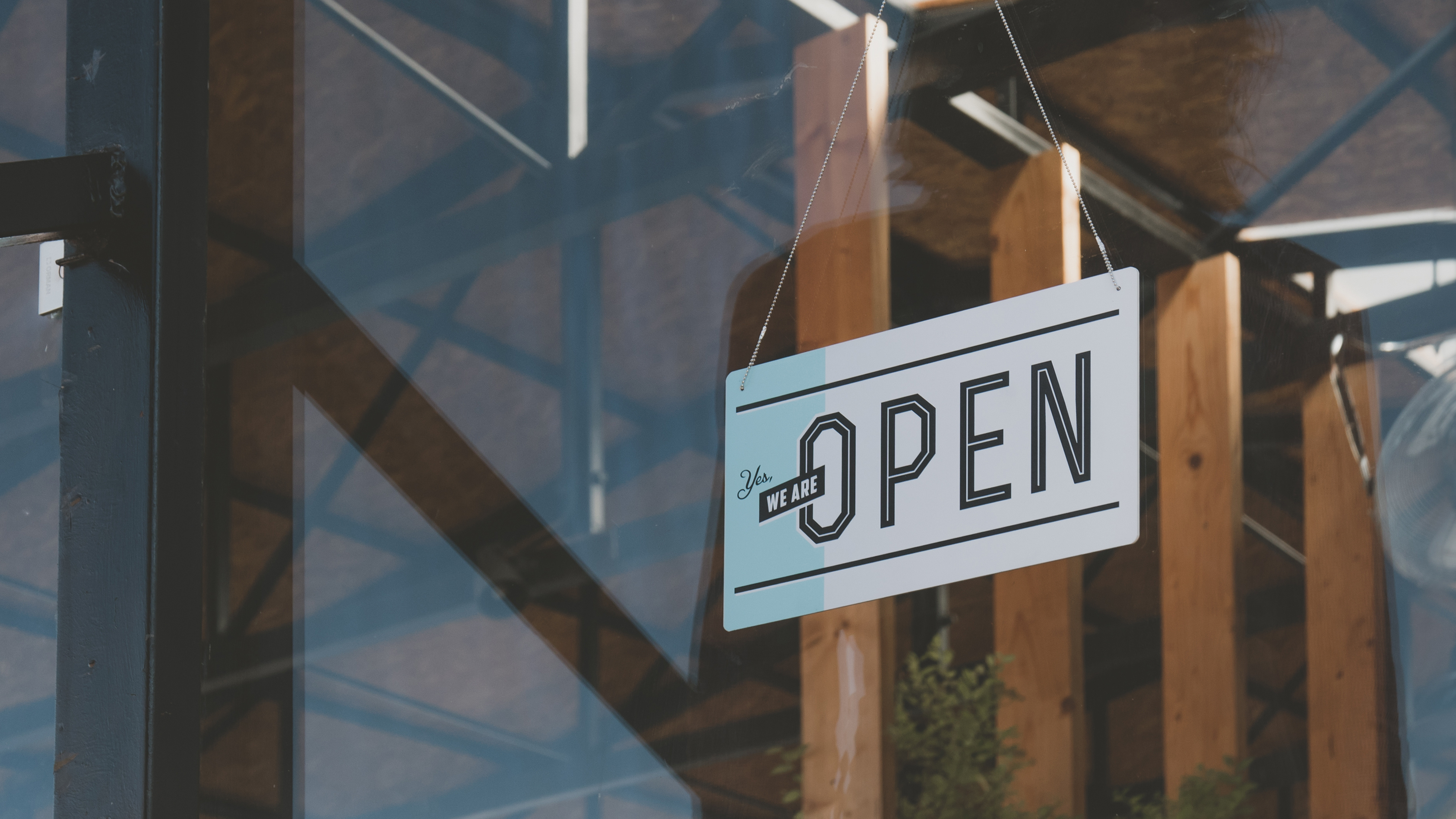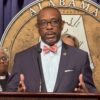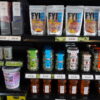The NFIB Small Business Optimism Index declined 2.1 points in December to 89.8, marking the 12th consecutive month below the 49-year average of 98. Owners expecting better business conditions over the next six months worsened by eight points from November to a net negative 51 percent. Inflation remains the single most important business problem with 32 percent of owners reporting it as their top problem in operating their business. Click here to read the full report.
“Overall, small business owners are not optimistic about 2023 as sales and business conditions are expected to deteriorate,” said NFIB Chief Economist Bill Dunkelberg. “Owners are managing several economic uncertainties and persistent inflation and they continue to make business and operational changes to compensate.”
State-specific data is unavailable, but NFIB State Rosemary Elebash said, “Inflation makes it more expensive to run a business, and a lack of qualified job candidates makes it harder to provide the goods and services their customers need. Together, these issues create a lot of uncertainty, and that’s clearly having an impact on small business optimism here in Alabama.”
Key findings of the national include:
- Forty-one percent of owners reported job openings that were hard to fill, down three points from November but historically very high.
- The net percent of owners raising average selling prices decreased eight points to a net 43 percent (seasonally adjusted), historically high.
- The net percent of owners who expect real sales to be higher worsened two points from November to a net negative 10 percent.
As reported in NFIB’s monthly jobs report, owners’ plans to add positions remain elevated, with a seasonally adjusted net 17 percent planning to create new jobs in the next three months. Overall, 55 percent of owners reported hiring or trying to hire in December. Ninety-three percent of those hiring or trying to hire reported few or no qualified applicants for the positions they were trying to fill.
Fifty-five percent of owners reported capital outlays in the last six months. Of those making expenditures, 37 percent reported spending on new equipment, 22 percent acquired vehicles, and 12 percent spent money for new fixtures and furniture. Eleven percent improved or expanded facilities and 4 percent acquired new buildings or land for expansion. Twenty-three percent of owners plan capital outlays in the next few months.
A net negative 8 percent of all owners (seasonally adjusted) reported higher nominal sales in the past three months, down one point from November. The net percent of owners expecting higher real sales volumes deteriorated two points to a net negative 10 percent.
The net percent of owners reporting inventory increases declined five points to a net 0 percent. Fifteen percent reported increases in stocks and 16 percent reported reductions. Twenty-three percent of owners recently reported that supply chain disruptions have had a significant impact on their business. Another 30 percent reported a moderate impact and 32 percent reported a mild impact. Only 13 percent of owners reported no impact from recent supply chain disruptions.
A net 1 percent of owners viewed current inventory stocks as “too low” in December, up three points from November, overall a good balance. By industry, shortages are reported most frequently in manufacturing (13 percent), retail (12 percent), transportation (12 percent), and agriculture (11 percent). A net negative 4 percent of owners plan inventory investment in the coming months.
The net percent of owners raising average selling prices decreased eight points from November to a net 43 percent seasonally adjusted, the lowest level since May 2021. Unadjusted, 12 percent reported lower average selling prices and 51 percent reported higher average prices. Price hikes were the most frequent in wholesale (77 percent higher, 7 percent lower), manufacturing (60 percent higher, 4 percent lower), construction (59 percent higher, 8 percent lower), and transportation (59 percent higher, 6 percent lower). A net 24 percent (seasonally adjusted) of owners plan price hikes, down 10 points from November.
Seasonally adjusted, a net 44 percent of owners reported raising compensation. A net 27 percent plan to raise compensation in the next three months, down one point from November. Eight percent of owners cited labor costs as their top business problem and 23 percent said that labor quality was their top business problem.
The frequency of reports of positive profit trends was a net negative 30 percent, down eight points from November. Among owners reporting lower profits, 30 percent blamed the rise in the cost of materials, 24 percent blamed weaker sales, 12 percent cited labor costs, 9 percent cited lower prices, 8 percent cited the usual seasonal change, and 3 percent cited higher taxes or regulatory costs. For owners reporting higher profits, 43 percent credited sales volumes, 18 percent cited higher prices, and 17 percent cited usual seasonal change.
Two percent of owners reported that all their borrowing needs were not satisfied. Twenty-five percent reported all credit needs were met and 62 percent said they were not interested in a loan. However, loan interest rates have risen substantially, rising from an average of 5 percent in January 2022 to 7.7 percent in December
The NFIB Research Center has collected Small Business Economic Trends data with quarterly surveys since the 4th quarter of 1973 and monthly surveys since 1986. Survey respondents are randomly drawn from NFIB’s membership. The report is released on the second Tuesday of each month. This survey was conducted in December 2022.





















































